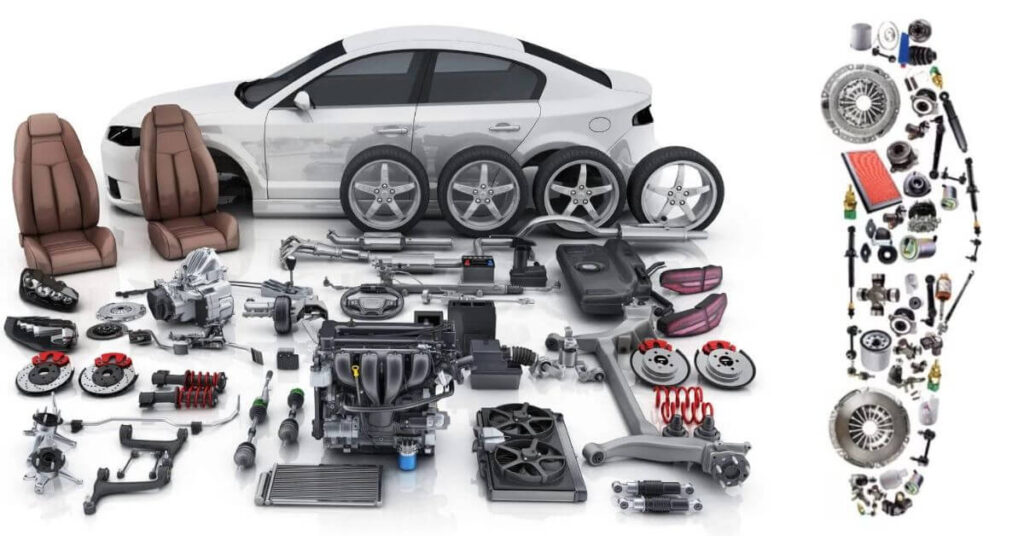Purchasing car parts can be a pivotal decision for any vehicle owner. It’s not just about keeping your car running; it’s about enhancing its performance, ensuring safety, and maintaining its value. This article provides an essential guide to help you navigate the complex market of car parts for sale, ensuring you make informed decisions to boost your vehicle’s performance. Selecting the right components is integral to your car’s health and directly impacts its efficiency and reliability.
Table of Contents
Understanding Your Vehicle’s Needs
Before diving into the market, knowing what your vehicle requires is crucial. Different cars have different needs based on their make, model, age, and usage. Familiarise yourself with your car’s manual; it’s your best resource for understanding the specifics of what parts your vehicle needs. Remember, the right parts improve performance and prevent future problems.
Understanding your vehicle’s specifications helps select parts tailored to its unique requirements, optimising its performance. Additionally, being aware of your car’s condition, including any wear and tear, can guide you in prioritising which parts to replace first.
Quality vs. Price: Striking a Balance
It’s tempting to opt for cheaper alternatives when looking for car components. However, investing in high-quality parts is often more cost-effective in the long run. Quality parts last longer, perform better and reduce the likelihood of damage to other components of your vehicle. Strike a balance between quality and price – don’t compromise on crucial parts that directly impact your car’s performance and safety.
It’s also important to consider the warranty and support offered by manufacturers, as this can add value to your purchase. Furthermore, high-quality parts often come with better after-sales service, ensuring that you have support in case of any issues.
The Importance of Compatibility
One of the key factors in buying car parts is ensuring compatibility with your vehicle. Even the highest quality part is useless if it’s incompatible with your car. This involves checking the specifications and even the part numbers. Compatibility is crucial for your vehicle’s smooth operation and for maintaining its warranty and resale value. Mismatched parts can lead to inefficiencies and even pose safety risks. Therefore, always verify the parts’ compatibility with your vehicle model and consult experts if uncertain.
Where to Shop: Navigating the Marketplace
The market for automotive parts is vast and varied. There are multiple places to purchase from, from online retailers to local auto shops. While online platforms offer convenience and a wide range, physical stores benefit from seeing the product firsthand and getting professional advice. Consider your priorities – whether it’s price, convenience, or expert guidance – when choosing where to shop.
Additionally, researching the seller’s reputation and customer service policies can save you from future hassles. Don’t forget to compare prices and check for any ongoing promotions or discounts to get the best deal.
Staying Informed: The Key to Smart Purchasing
Staying informed is crucial when navigating the market for car parts. This doesn’t just mean knowing about the parts themselves but also about market trends, potential suppliers, and the reputation of brands. Read reviews, ask for recommendations, and don’t hesitate to ask questions. An informed buyer is likely to make smart choices that maximise their vehicle’s performance.
Following the most recent advancements in vehicle technology can also introduce you to more advanced options, enhancing your vehicle’s capabilities. Additionally, joining forums or communities of car enthusiasts can provide valuable insights and tips from experienced individuals.
In conclusion, when looking for car parts for sale, the key is to focus on quality, compatibility, and being well-informed. You can significantly enhance your vehicle’s performance and longevity by understanding your vehicle’s needs, balancing quality and price, ensuring part compatibility, choosing the right shopping platform, and staying informed.


